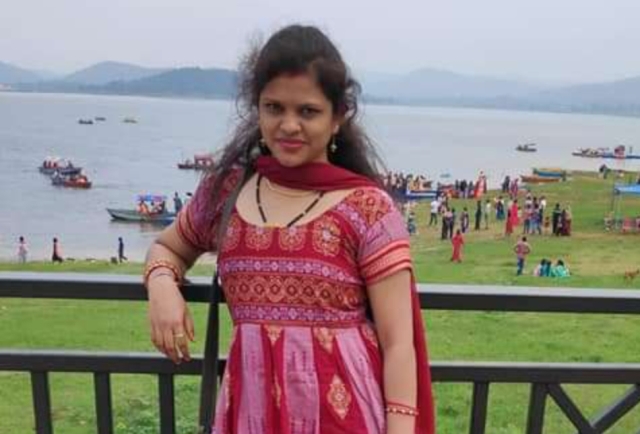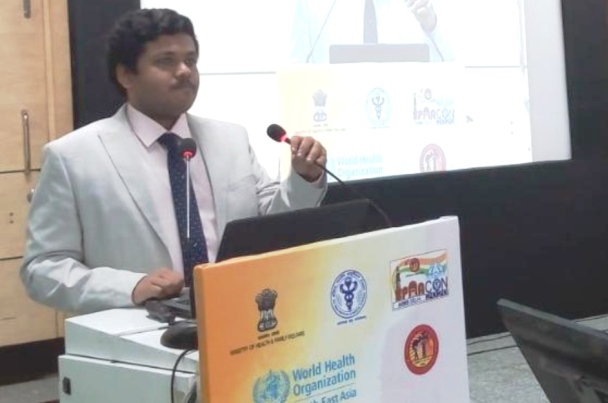Lopamudra, a 28-year-old architect in Ranchi, recounts the hardships and the lessons that one year of Coronavirus brought into her life
What a year 2020-21 has been! I came to Ranchi as a new bride in 2018, with big dreams and a desire to make a name in the field of architecture. I am a freelance architect, which means I work on project-to-project basis.
So, here I was in 2018, taking baby steps towards building a home and a career at the same time. Barely two years into work, in March-end 2020 the pandemic was officially announced, and I wondered what our future would be like! When would the pandemic be over? Would we able to pay our rent? How would construction sector be impacted?
As it turned out, the infrastructure/construction sector was one of the worst affected. It all came to a standstill and labourers started packing off to their villages or hometowns in droves. Since my husband was also employed in the infrastructure sector, it meant a double hit for us.
Apart from not being able to get any new work, our continuing projects also stopped in the lockdown. For nearly three months (March-June) there was no income; we managed with our savings. And we kept praying that neither of us should contract coronavirus.
ALSO READ: ‘In Initial Days, Doctors Lost Sense Of Time’
We decided not to lose heart and take each day at a time. We started learning new aspects of our work by watching YouTube and also took to reading more on architecture, construction and infrastructure. To keep the stress away, I picked up photography and tried capturing beautiful things around us from the terrace during lockdown. It taught me to be positive.
The lockdown was the most difficult period to say the least, as nothing moved in those three months. Even when the phased unlock began rolling out, the scenario was shaky and the future uncertain. No one was undertaking big projects and most migrant labourers still hadn’t made their way back. Figuring out new clients for new projects seemed like an uphill task.
We started networking with people new and old. We had also worked a lot on our communication skills (both verbal and written) and thus armed with new confidence we started doing the rounds. Another month went past without a project, but I finally found one in August.
ALSO READ: ‘Proud To Be Part Of Vaccination Drive’
A little window of hope opened from there and we started rebuilding our lives bit by bit. It has been six months since life gave us a second chance and we are using that chance to the fullest. To say that we have become financially wiser would be an understatement. We now know a lot more about funds, investment plans and policies than ever before. Now my husband and I shop wisely, manage resources skilfully, we keep ourselves in good health, we take all Covid precautions and restrictions seriously and we communicate with each other a lo
A good, attentive partner means you can weather any storm, even that of being without any income for nearly 3 months. People save for a rainy day, last year was like one whole rainy year for so many of us. Financial planning is the need of the hour


